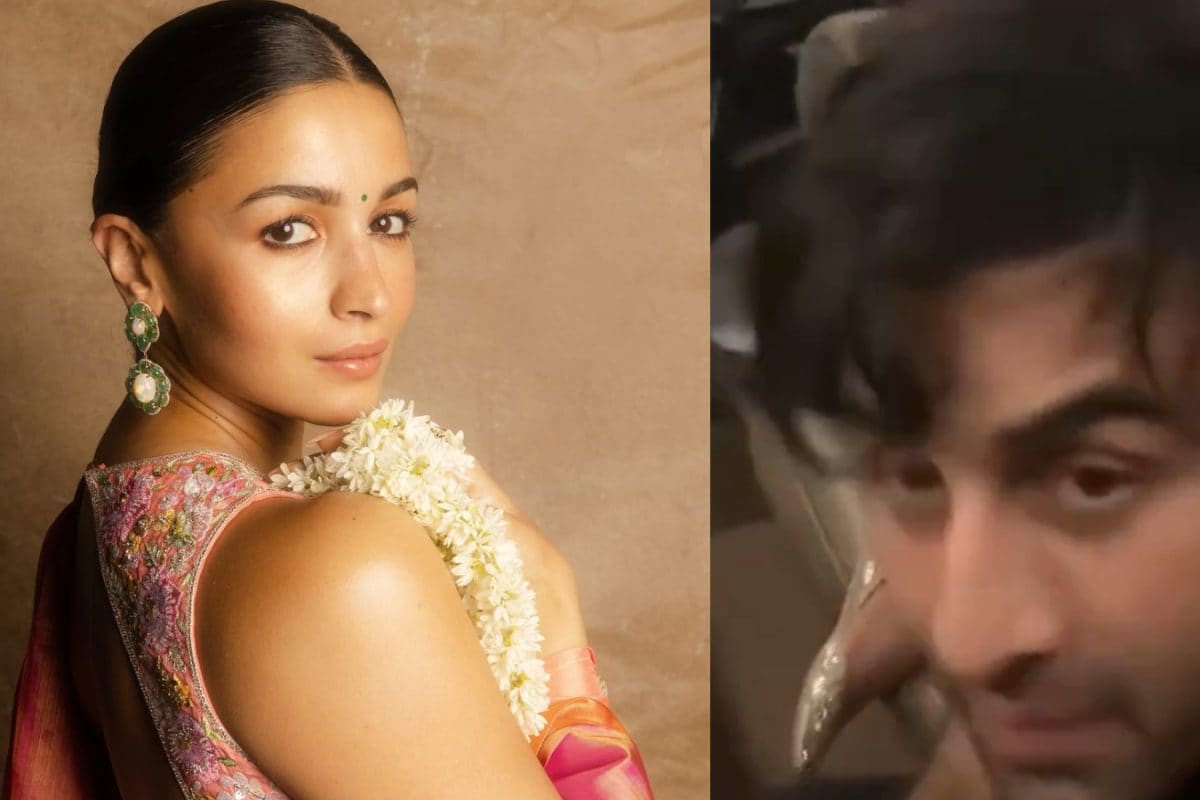

The Narcotics Control Bureau (NCB) faced an unexpected challenge when its social media campaign featuring Bollywood actor Alia Bhatt triggered an online backlash, leading the agency to disable comments on the post. The Chandigarh division of the NCB had shared a video of Bhatt urging people to say "no to drugs" as part of its #NashaMuktBharat (Drug-Free India) campaign.
In the video, Bhatt stated that "Drug addiction is a threat to our life, society, and nation". She encouraged people to support the NCB in its campaign and to take an e-pledge against drugs via a link or QR code. Despite the positive message, the video was met with "sarcastic and hostile responses". While the video quickly went viral, amassing over 1.1 million views and 680 reposts within days, the comments it received were largely critical.
Many users questioned Bhatt's credibility as the face of the campaign. Critics pointed to Bollywood's historical association with drug controversies and what they perceived as hypocrisy. Some comments referenced unverified rumors about her family and her husband, actor Ranbir Kapoor, who has been the subject of past drug-related rumors, though never convicted. One user wrote, "Bollywood spreading drug awareness," while another sarcastically questioned, "When has a pledge ever stopped anyone from doing drugs?".
Within hours of the video being posted, the NCB disabled comments on the post after receiving only six replies, all of which were critical. However, comments remained active on the agency's other posts. The decision to disable comments highlights the challenge of using celebrities in public service announcements, especially when their public image is perceived as conflicting with the message.
The incident also sparked a meme fest online, with users employing "quote-tweets" to further mock the campaign. This widespread trolling and negative feedback seemingly forced the NCB to take the unusual step of disabling comments in an attempt to control the narrative.